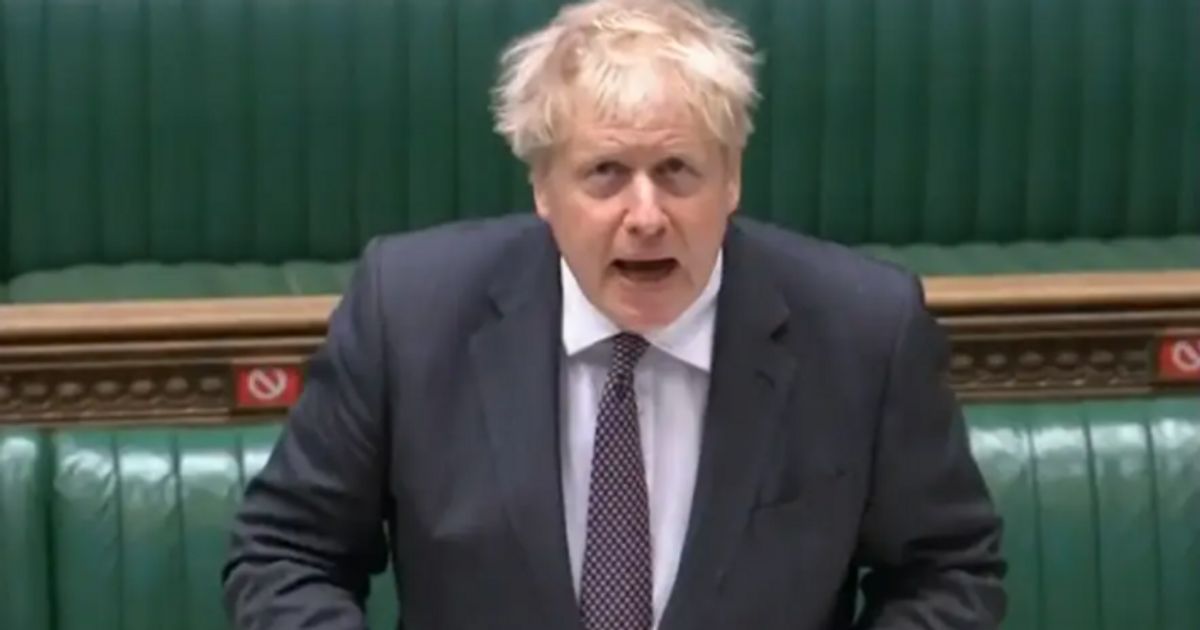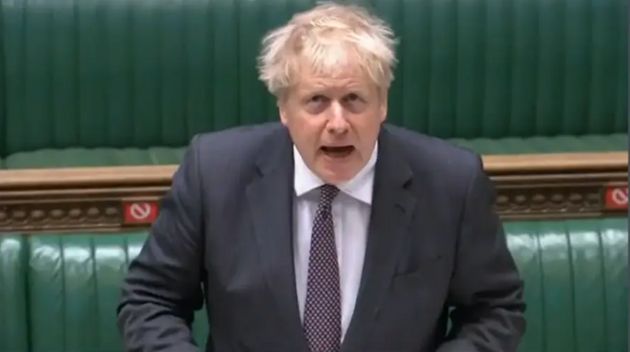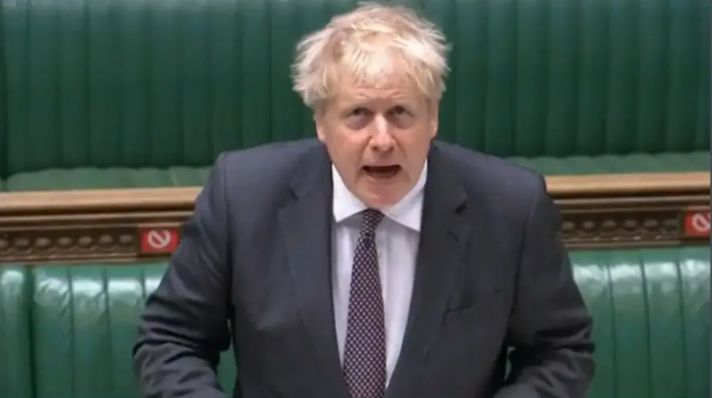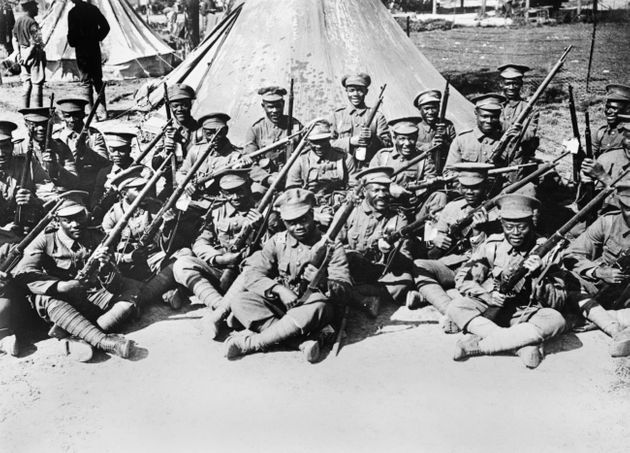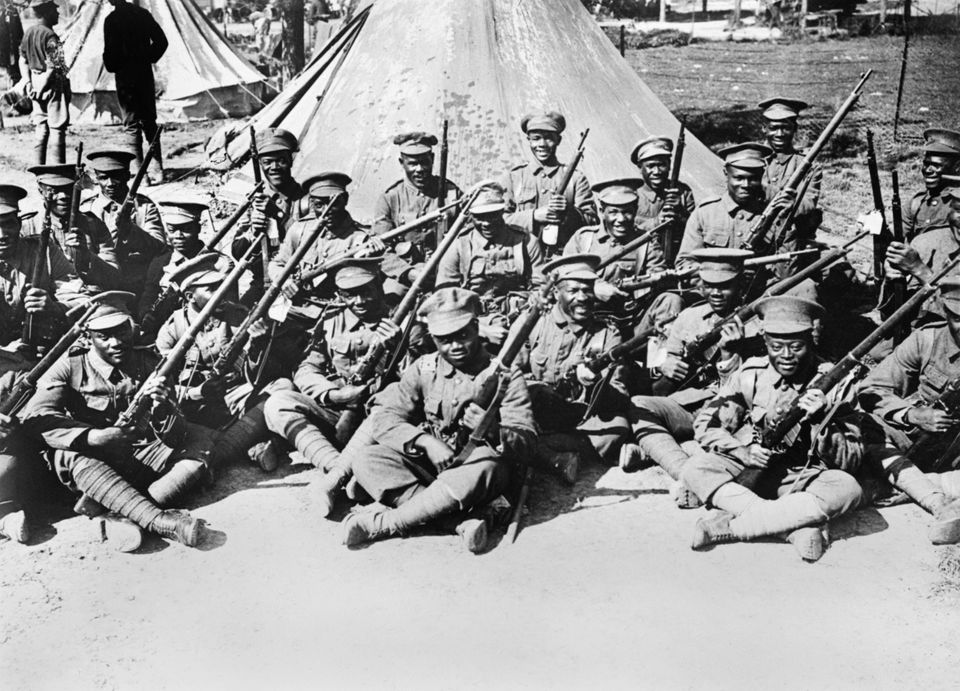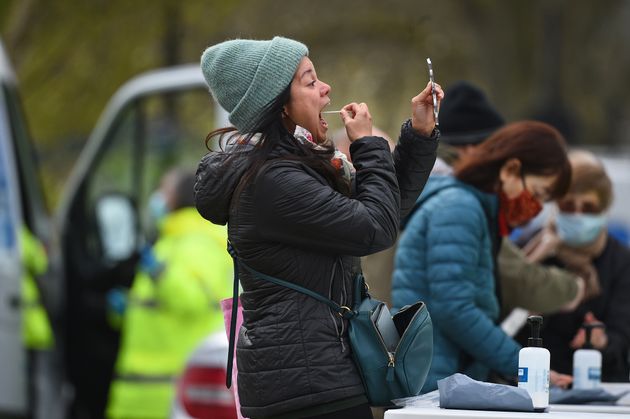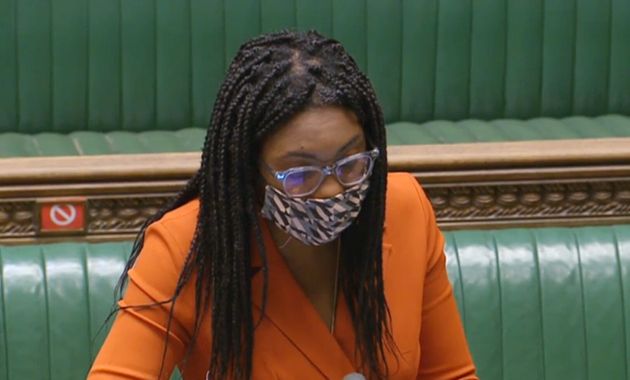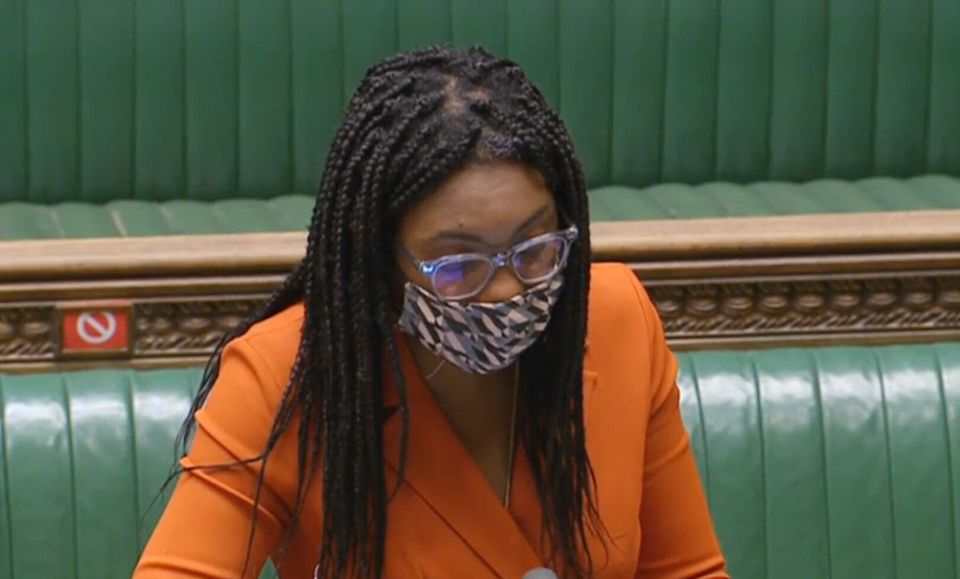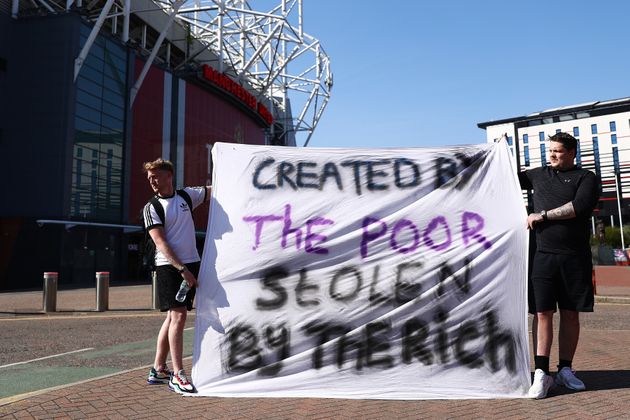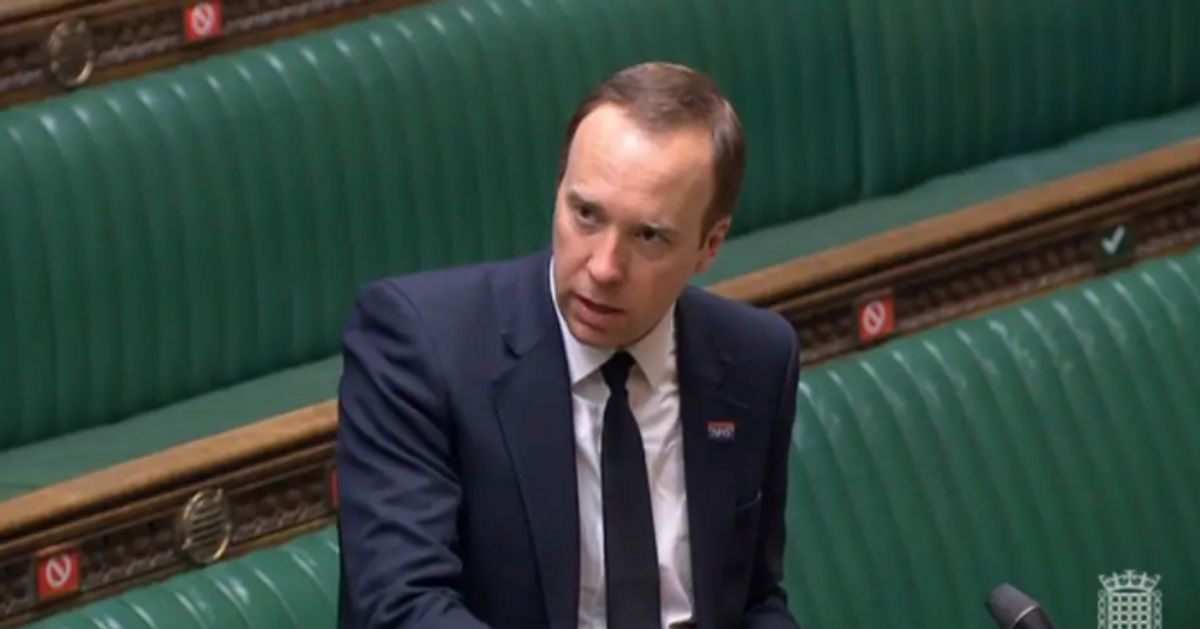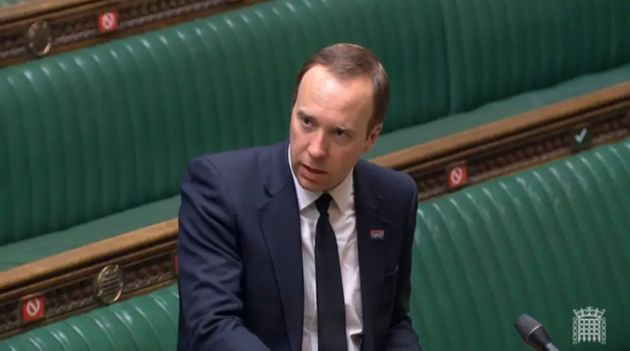
The UK’s most senior civil servant has been criticised for refusing to answer questions about the leaking row between Boris Johnson and Dominic Cummings.
Parliamentarians likened cabinet secretary Simon Case’s answers to Line of Duty’s “no comment” interview scene on Sunday night and a “badly scripted version of Yes, Minister”.
Case repeatedly refused to answer questions on the extraordinary controversy surrounding the prime minister and Cummings, his former top adviser.
Earlier, No.10 refused to deny that Johnson had personally phoned newspaper editors to accuse Cummings of leaking private texts between the PM and businessman James Dyson, which sparked questions around cronyism.
Cummings responded to those claims by launching an extraordinary public attack on Johnson, his former boss, accusing the PM of seeking to block the so-called “chatty rat” inquiry into who leaked plans for a second lockdown in England after learning that a close friend of his fiancee Carrie Symonds had been implicated.
In a blog, Cummings also denied leaking the PM’s private texts with Dyson and said he warned Johnson against plans to have donors secretly pay for the refurbishment of his Downing Street flat, saying they were “unethical, foolish (and) possibly illegal”.
The PM has since been forced to deny separate claims that he said he was prepared to let “bodies pile high” rather than order a second Covid lockdown in autumn.
Case on Monday confirmed that the leak inquiry was still ongoing six months after the lockdown plans leaked to newspapers.
But he said that because of this, he could not answer various questions from MPs about Cummings’ blog.
Citing the “security classification” of the leak inquiry, Case told the Commons public administration he was “very constrained in what I can say”.
The cabinet secretary, who is the PM’s most senior official policy adviser, was also unable to say whether Johnson had received any donations to help pay for the refurbishment of the Downing Street flat where he lives with Symonds.
“I do not have all the facts and details at my disposal on this,” Case said, adding that the PM had asked him to carry out a review of the refurbishment to report in “a matter of weeks”
MPs on the committee expressed frustration with Case’s answers several times.
“Can you remember a time when Downing Street has been more leaky?”
Cabinet Secretary, Simon Case tells MPs that leaks of government information have been a “long standing frustration” throughout the years.
Get more on this story: https://t.co/VJCuIFOUmkpic.twitter.com/JtB6f9Ro8F
— Sky News (@SkyNews) April 26, 2021
At one point, the chair and Tory MP William Wragg interjected: “Mr Case, you’ve known you’v been coming to this committee, for which we are grateful, for some weeks now.
“There are a number of – how can I put it – topical issues about the place at the moment, one of which is the vexed question of a flat refurbishment.
“I’m surprised that you haven’t been better furnished with the answers to give to the committee.
“Has no conversation taken place between yourself and others… is this a storm in a teacup or is it more [serious]? I’m surprised you haven’t been briefed further.”
Responding, Case said he wanted to avoid “misleading the committee” by giving “partial insights”.
Labour former shadow chancellor John McDonnell meanwhile likened his answers to a “badly scripted version of Yes, Minister”.
Away from the committee, Labour peer Lord Stewart Wood suggested Case’s appearance at the committee resembled a police interview scene in BBC drama Line of Duty, in which one of the series’ protagonists repeatedly answers allegations about her wrongdoing with “no comment”.
During the committee hearing, Case was asked if he had authorised Downing Street to tell the media that neither Cummings nor his ally, former No.10 director of communications Lee Cain, leaked details of the second lockdown, as the former adviser’s blog claimed.
Case said: “I am not trying to frustrate, but this is drawing me into details of an ongoing investigation which – for reasons I have set out – I can’t go into in this setting.”
He said Commons Speaker Sir Lindsay Hoyle was being updated on the investigation in secret, under Privy Council terms, with the latest briefing coming around two weeks ago.
Case also revealed that a process involving the police and Crown Prosecution Process concluded “this leak did not meet the threshold for an offence under the Official Secrets Act or the offence of misconduct in public office”.
But that dd not mean he could talk openly about the inquiry with MPs, he said.
“Just because something isn’t a criminal offence doesn’t mean there aren’t national security issues involved – or classified matters, rather, I should say, very specifically – in relation to how that investigation is conducted,” Case said.
“That’s why I’m unable to comment.”
Case did cast doubt on Cummings’ claims that Johnson threatened to block the leak inquiry, insisting that “from the outset” the prime minister and others were “determined” to find the culprit.
“In relation to this particular leak and others, the prime minister has always been clear, very determined to see these inquiries complete,” Case said.
On the flat refurbishment, Case revealed the PM had looked into setting up a charitable trust headed up by Tory donor Lord Brownlow to help fund upgrades, but that this arrangement could not cover private residences.
Johnson has now asked Case to conduct a review of the flat refurbishment, which would take a “matter of weeks”.
But asked whether he was personally aware of any donations contributed towards the renovations, Case said: “I do not have all the facts and details at my disposal on this, which is why the prime minister has asked me to conduct this review.”






